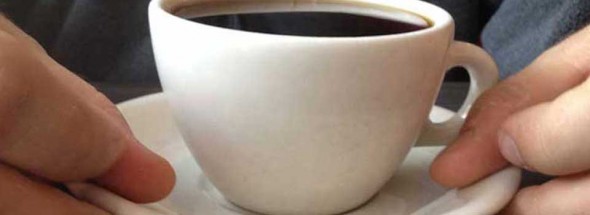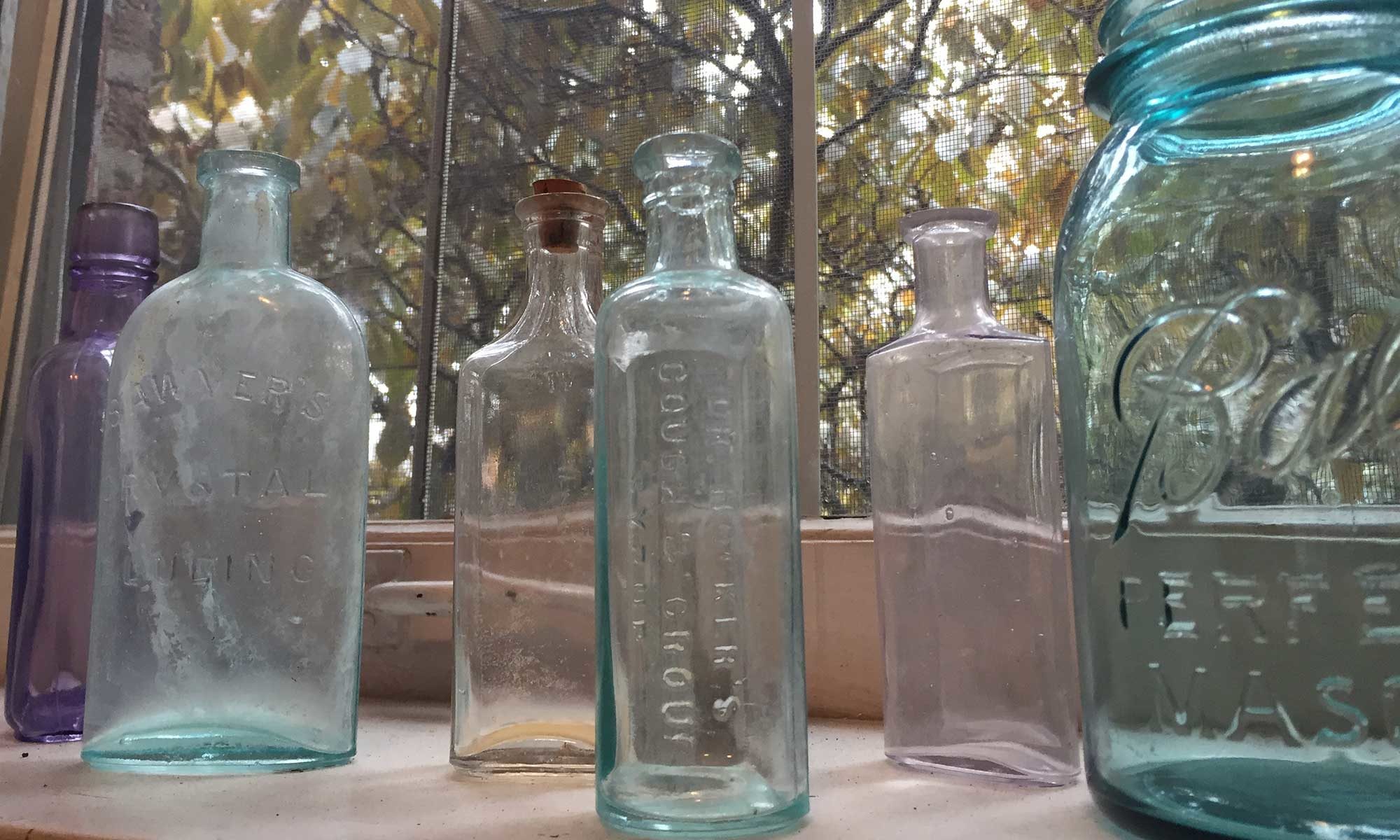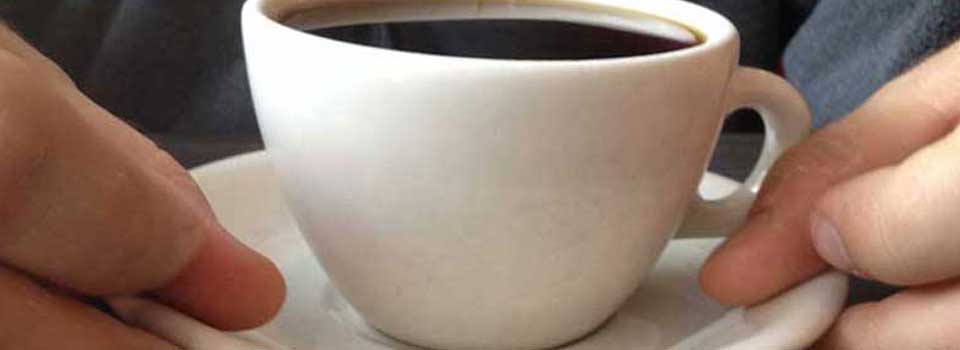He wore his nails cut short and clean but cuticles picked to ragged, scabby shreds. These holes he carved in his own flesh stemmed from a latent slush of anxiety no rites orthodox or arcane could assuage, a constant state of unsettled sensibility that scaled to every occasion, rigged with ready apparatuses of self-torment: fingernails and lips– an unclean predilection rife with taint of bacteria. No shame stink could halt the roving action of plucking fingertips against an uneven surface, so insatiable the compulsion to grade the human landscape and smooth the disorderly, only ever compounding the problem, peeling away strips of derma to sorer flesh beneath.
bucolic idyll
A farm rests on the horizon, bales across the slope like spools scaled for giant seamstresses, crop rows spokes of a great green machinery. Birds crow from a brow of trees, and cows lean into the view. A line of gravel road bolts through the landscape and hurls itself up over a hill to disappear into a sunset stoked with coals, vat of molten cumuli grazing the treeline. Crows stand along a telephone wire in loping Morse, poles screwed into the ditch at receding intervals.
Up from empty space comes rattling Chester, dusting down the country road on his vehicular contraption: an old Schwinn decked out with baskets and welded-on hooks and pulleys. Workdays he rides with tools and ladder suspended, but tonight he’s fleet and free, flying down the hill home from the diner sans encumbrance. As he passes, the crows lift up and away, croaking, and he takes aim with his index finger, one, two, three. Not that he’d shoot them truly, leaving it to neighboring farmers to take their potshots and hang black carcasses as cautionary exemplars at the crossroads.
The first time Doris saw the dead birds, she’d screeched, “Oh, my god. That’s just awful.”
Awful it was indeed–or offal, the carrion eaters themselves slung in a heap and decomposing. He knew corvids were intelligent birds, so he didn’t put the warning past them altogether, though who knew how far the hex extended. Farmers targeted crossings by their main fields of sweet corn, gruesome No Trespassing signs just for crows.
celia
His gut canted, and something in his chest hung empty. He flung a dose of milk down his throat to slake it. The outer door squeaked open half a foot, but no one was there. His nerves jumped, and he grasped the booth seat with shaking fingers. He knew better than to believe in ghosts, but something evidently wanted in. Wind looped to sting his bare ankles, frost on the draft. Dank linoleum sopped up light sloping down from old overhead fixtures. The stitch in his belly hitched a notch tighter.
It seemed but a blink since Celia’d been a pup, all soft and rubbery, mouthing her toy bat and growling like a beast of prey until they fairly sang with laughter. He’d burnt her carcass earlier that evening in a pile of brush out back of the shed, the form of her flaring up impossibly bright and finally collapsing inward. He’d sidestepped the smoke and wept right out loud. When his tongue strayed, he still tasted salt.
 Doris had scolded. She’d dearly craved a burial, just for the ceremony of the thing. But the illness that took the dog was quick and vicious, and he didn’t want to run the risk of contagion. Not that it was likely to jump species, but these days who knew, what with mad cows and bird flu. So he’d built up a dry pyre and lain her on it lovingly, like he was laying her down on a featherbed. And then he’d struck the match.
Doris had scolded. She’d dearly craved a burial, just for the ceremony of the thing. But the illness that took the dog was quick and vicious, and he didn’t want to run the risk of contagion. Not that it was likely to jump species, but these days who knew, what with mad cows and bird flu. So he’d built up a dry pyre and lain her on it lovingly, like he was laying her down on a featherbed. And then he’d struck the match.
It wasn’t his regular night for pie, but he’d needed to get away. Doris and Mother had been all over him, going on about the Clarks’ new shih tzu, how cute it was, and didn’t he think it’d be nice to have a little lapdog around the house. He could just see them, too, sitting there in their matching recliners, taking turns feeding treats to the fat little thing while they watched their afternoon stories. No, he wouldn’t countenance it. Celia had been family.
Tonight was French Silk. Ordinarily he was an apple or cherry man– Sundays and Wednesdays– with a cold glass of two percent. But here it was Saturday, so chocolate and cream. He knew that coffee would go best, but he’d be damned if he’d be up all hours. On second thought, why not– he still had some work to do on the new farm out SR35 on the model. When Carly looked up, he made a little sign like a tipping pot.
“Hey, Chester. How’s Celia?”– the question barely out before she saw his face crumple. “Oh, god. I’m so sorry.”
She busied herself with pouring coffee and checking the creamer while he mumbled, “Thanks.”
He cleared his throat. “Um. You know that photo shoot you did last fall? Think I could have some of the prints?”
“Sure. Of course. Let me just see what I’ve got. I can let you know tomorrow, okay?”
“That’d be just fine.”
Back when the leaves had been turning bright yellow and red, she’d come out to the house and taken a slew of photos of the lab prancing around the yard. Carly called them motion studies for one of her mural projects. Celia, just seven and still full of zip, had cavorted about, flinging the tennis ball Carly had brought out like it was the best, most novel thing ever. Not like there weren’t already a dozen such scattered around the house, rolled under chairs and wedged into corners of his workroom– but this one was new. Plus Carly had brought it just for her; it was a present and therefore of utmost excitement.
That afternoon was preserved as a mental image tinged with autumnal gold, and he sincerely doubted Carly’s black and white snapshots could improve on it. Still, they’d show the dog he’d so adored, alive and romping, so he could hardly wait to lay hands on them.
“I appreciate it,” he said, just to be sure Carly knew he did.
On her way back behind the counter Carly jack-knifed in her tracks and went and secured the banging door.
He had been right about the coffee: it settled what the milk had failed to quell, all that sugary froth of cream and chocolate. And as he thought about holding those photos in his hands, his sternum warmed. The sense of something wanting lightened just a touch.
coastal
The second hand ground down like teeth, tonight a clot lobbed into a stream of clear evenings. Without fur or fleece, he couldn’t be herded forward. The coast was spoiling for collapse, snarled with nets and racked with waves. A boat rolled stalled offshore, its sail aflame and drifting. The rig was singed, but rain cracked the sky open and spun the craft like a pill in a dish. The dock was all knitted up with barnacles and kelp, foiling hopes of a clean landing.
11:56
Half-gagging, he reflected on how much he loathed this new tendency of waitstaff to shove inside the dome of personal sensory experience. Forcing down the mouthful, he jerked out, “Fine,” and watched her move on to spill coffee into cups the next table over.
Coils of steam listed from the pot, kicking off a memory of smoke, and he dragged his gaze back down to the plate of sad fruit salad. Having already culled the best bits, chunks of apple and ripe cantelope, he now nudged halfheartedly through a silt of deteriorating orange and granular watermelon.
A perennial cowl of fryer grease wrapped the back wall in dinge of spore and dust. He tilted his head and squinted to read the clock. Through a hole in the blinds the moon gleamed a spoke of cold light peripherally. He nodded. Nearly time.
sedimentary
Here’s what I’m doing: dredging out. Layers and layers of dusted-under sensibility, sedimented over a period of months. Geologically a blip; experientially an eternity.
What to say, really? Second-guessing does me in time and again. The only tonic for it seems to be outright utterance. Just hitting publish and let the pixels spin. What blogging is supposed to be anyway. And it occurs to me that I haven’t really blogged in years–or maybe ever. Always so hyper-aware of what I’ve written and rehashing it. So here I am, trying to do it differently, to unbury.
I sit on the 27th floor of a Chicago highrise, watching fat spiders suspended outside wobble in wafts, oblivious to height, busy casting and repairing webs to withstand wind and fix prey. I traverse shopping crowds on Michigan Avenue daily to and from the train station, passing familiar homeless people with their signs or sayings or rhythmic cup-shakings day in, day out. Everyday I’m someplace in the middle, navigating between extremes and under the radar.
What’s it like to be invisible? Feels like outliving oneself. Still here and yet not. I remember be-ing, but I haven’t in a long while.
All around are people pushing strollers, holding hands, going about daily business, and it feels nothing so much as utterly dislocating. Writing is supposed to help. I guess we’ll see.

